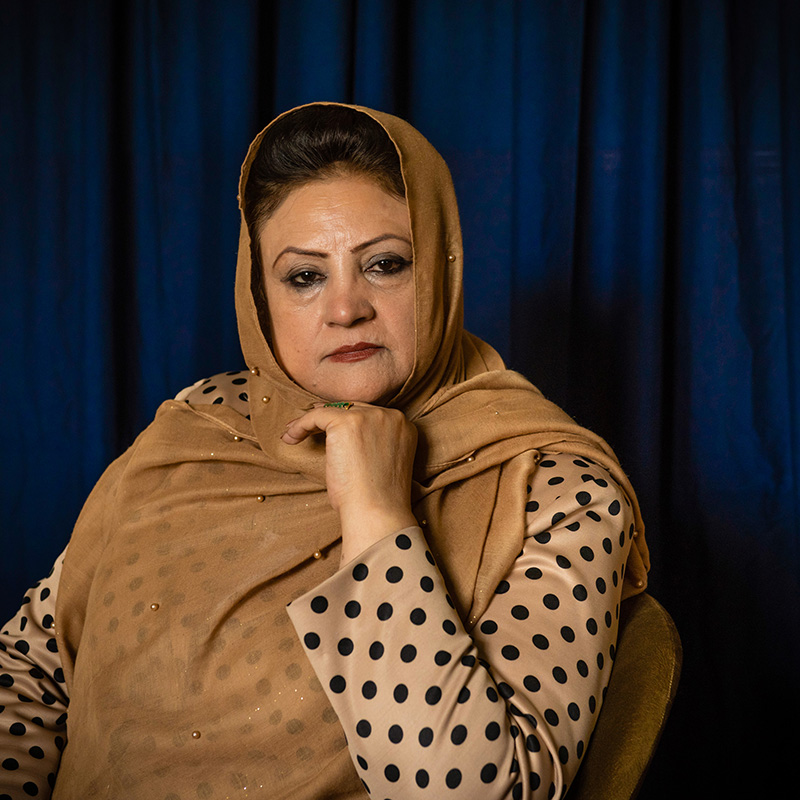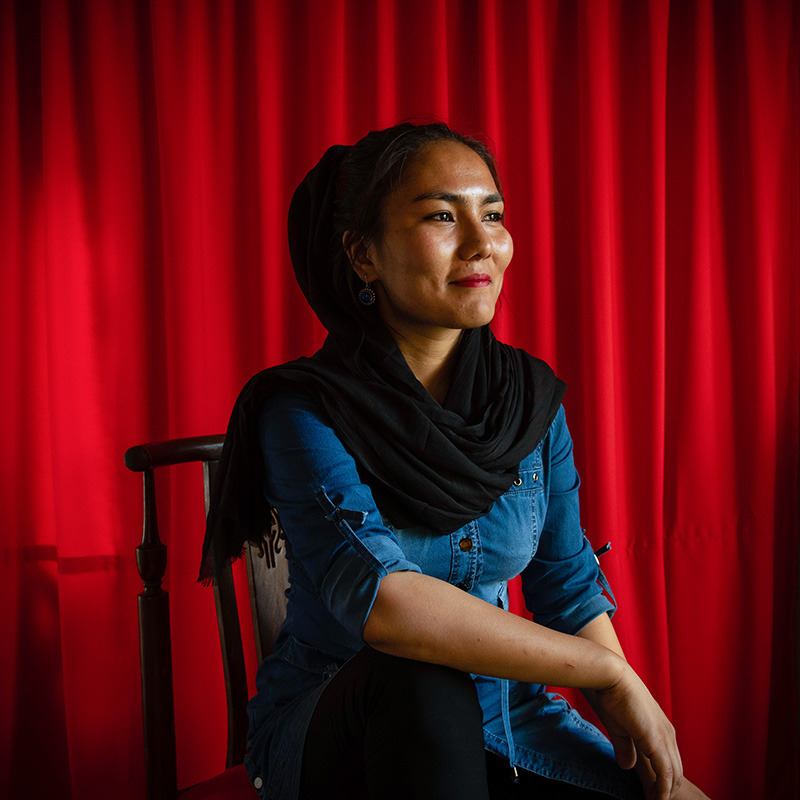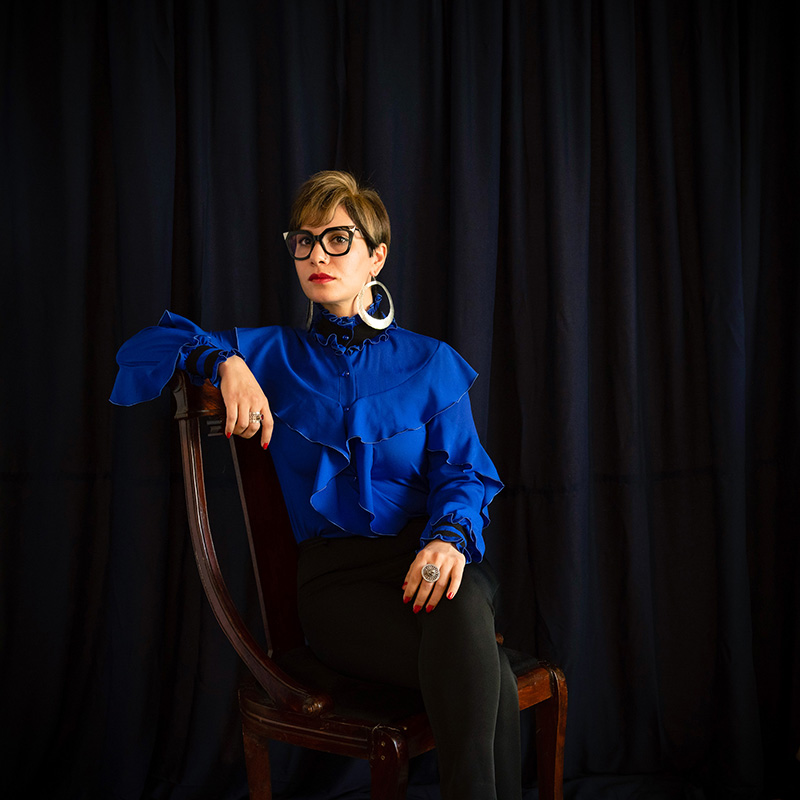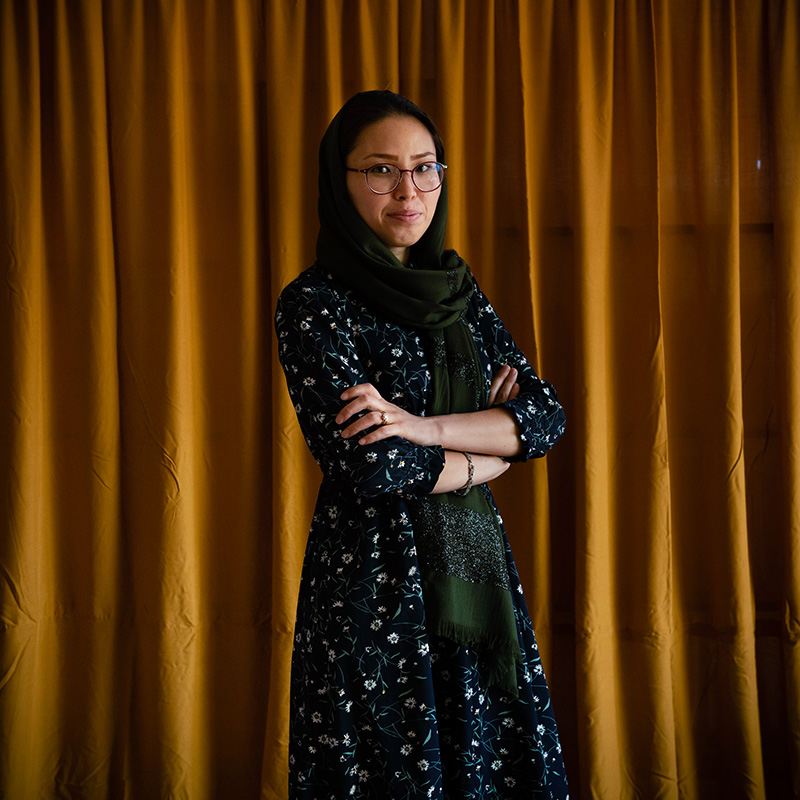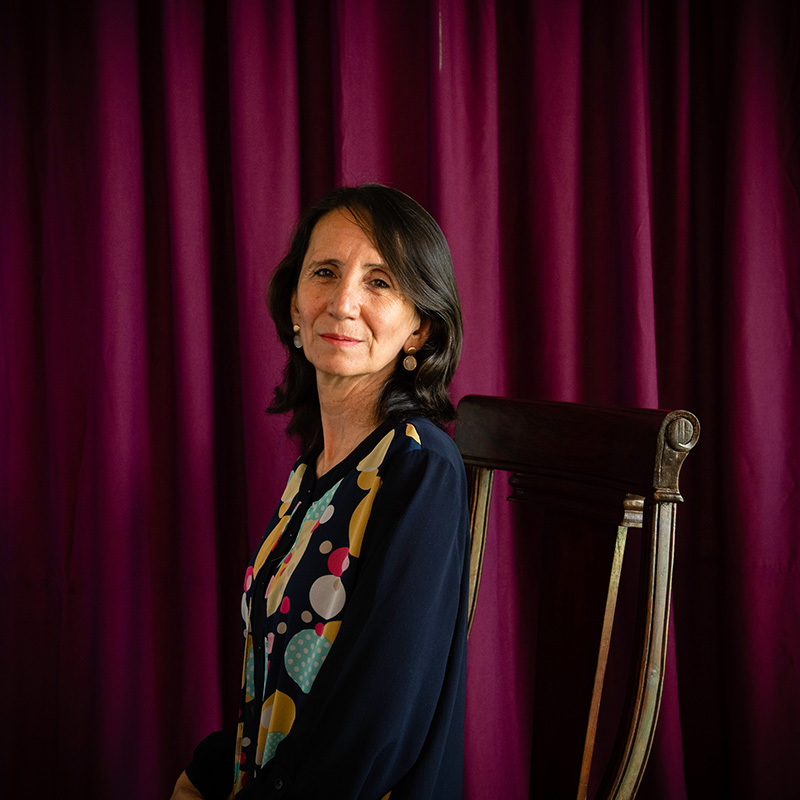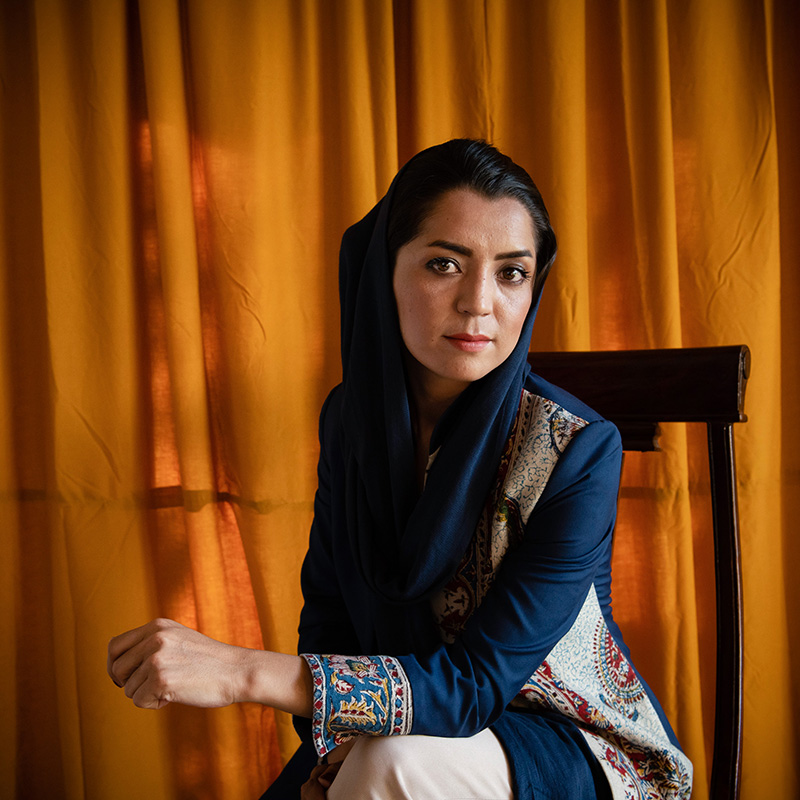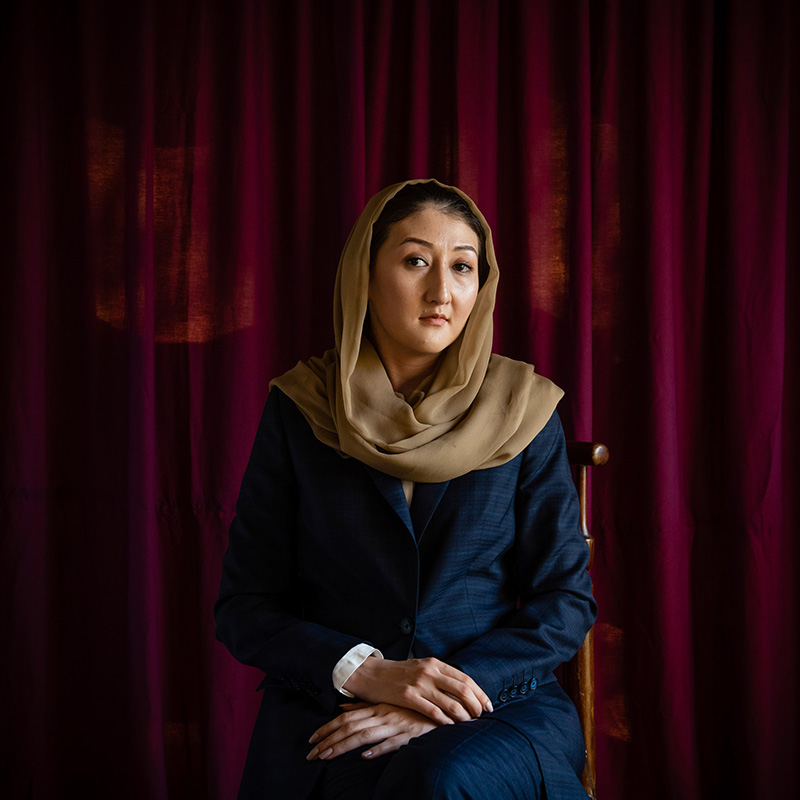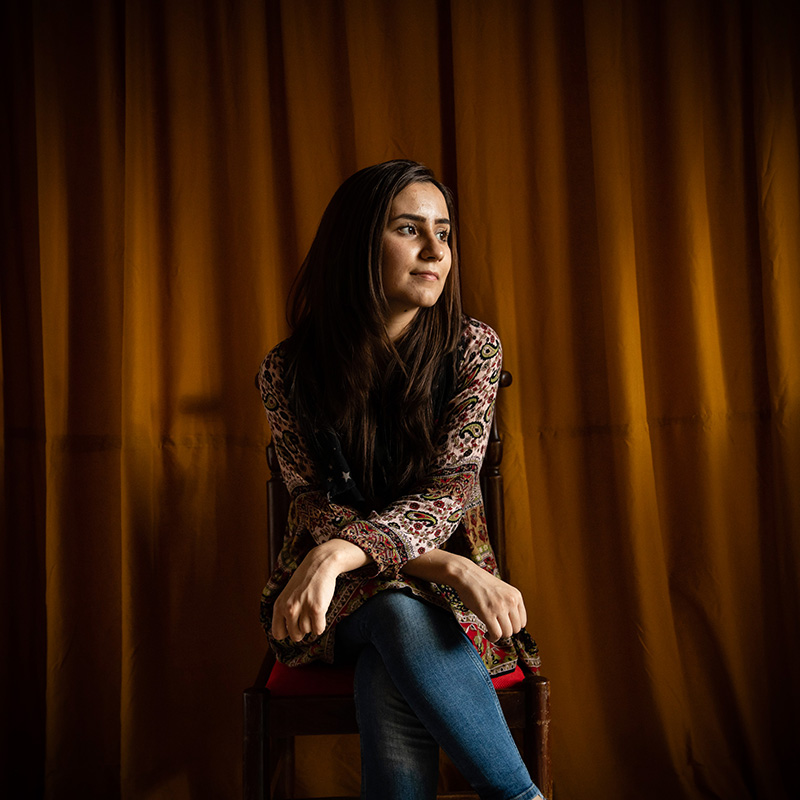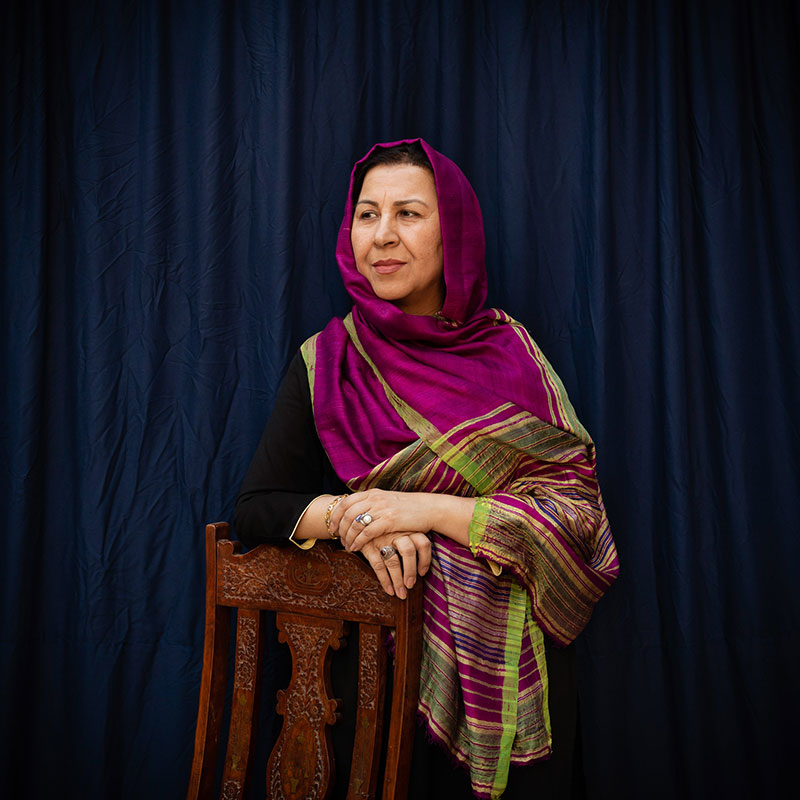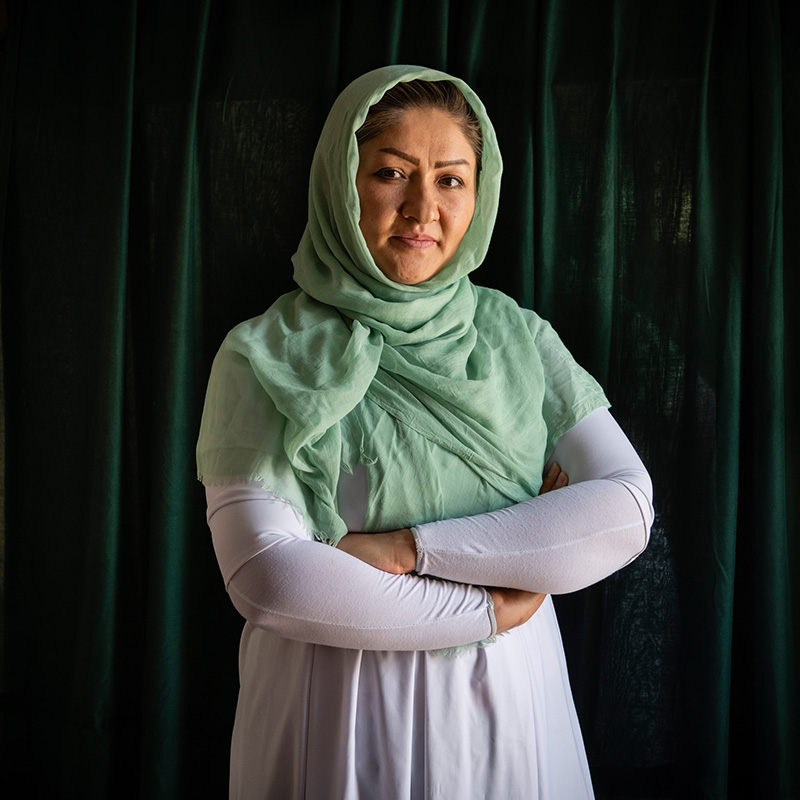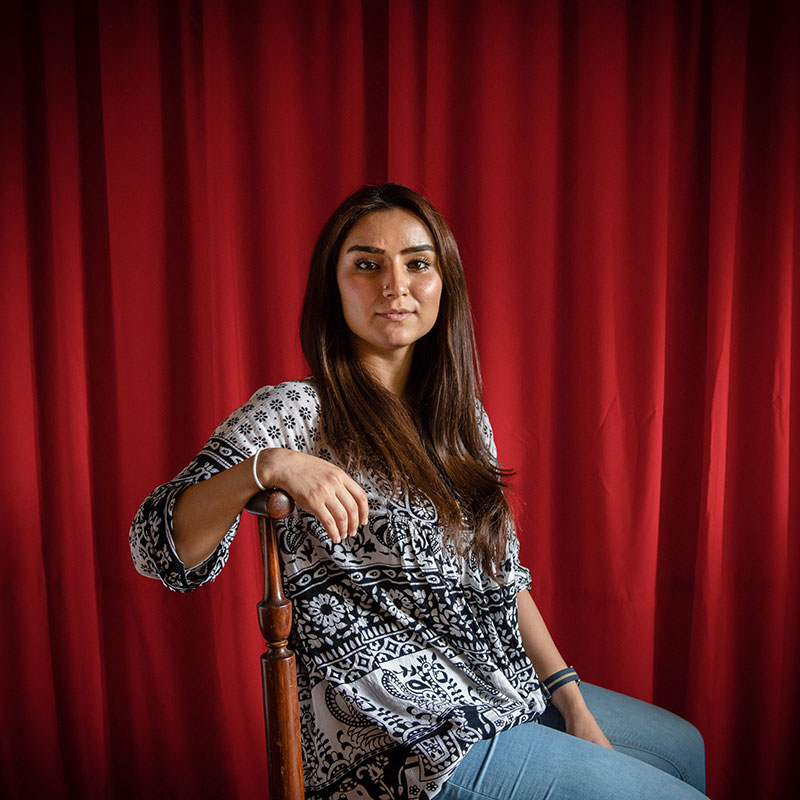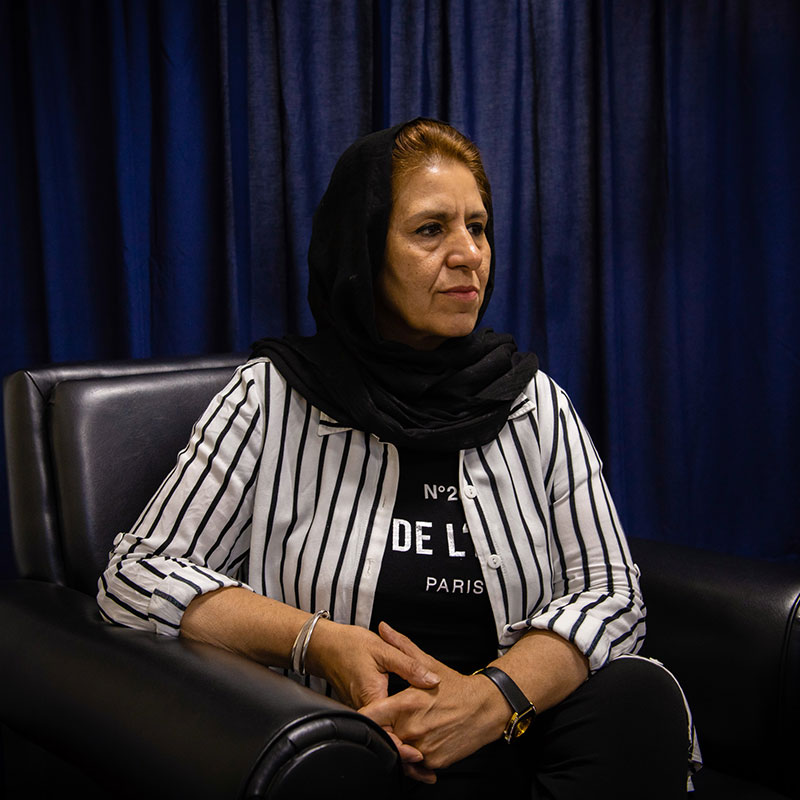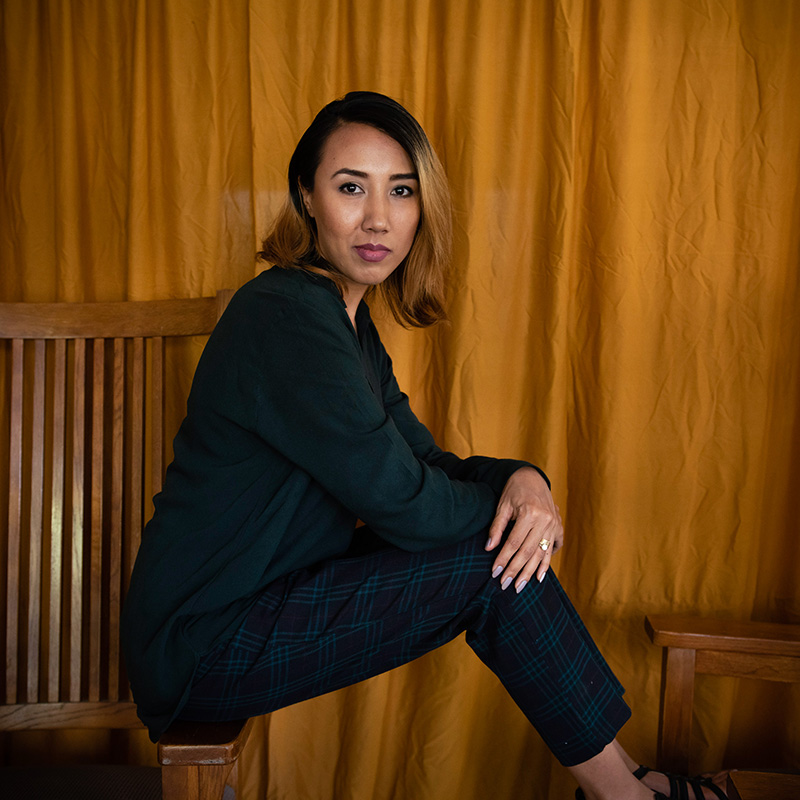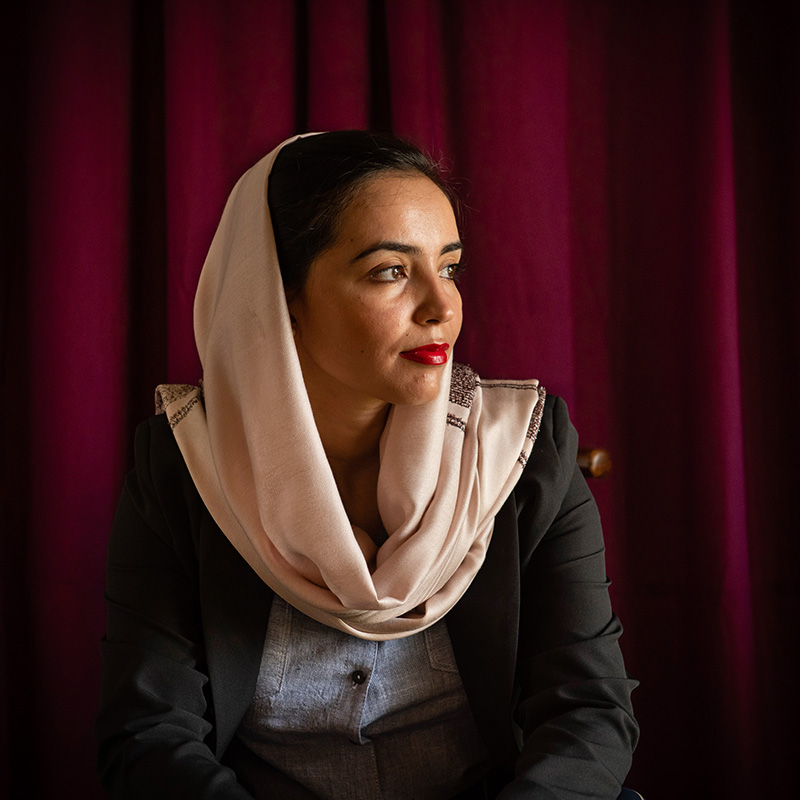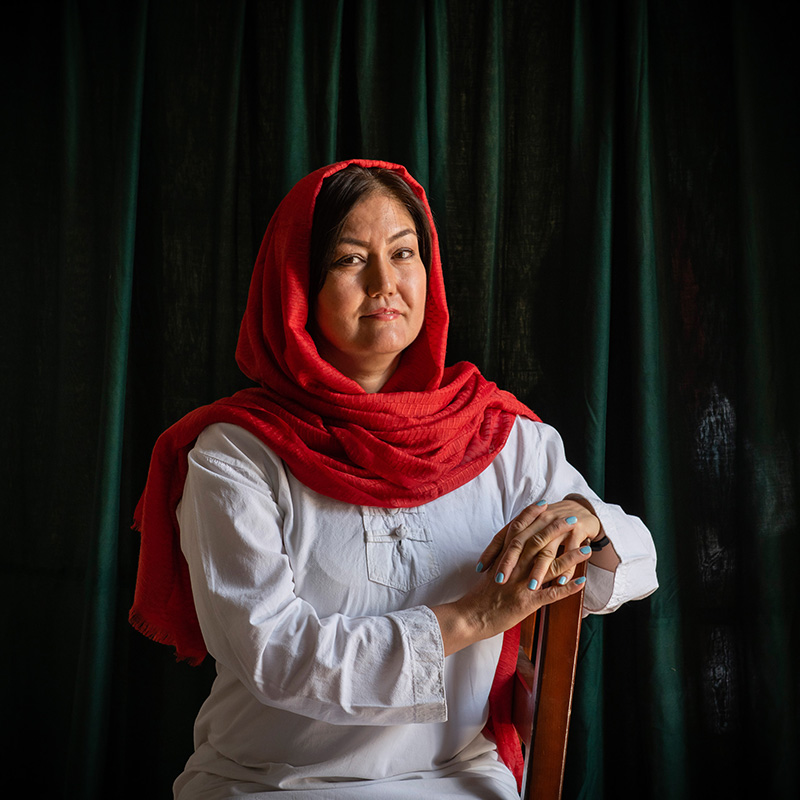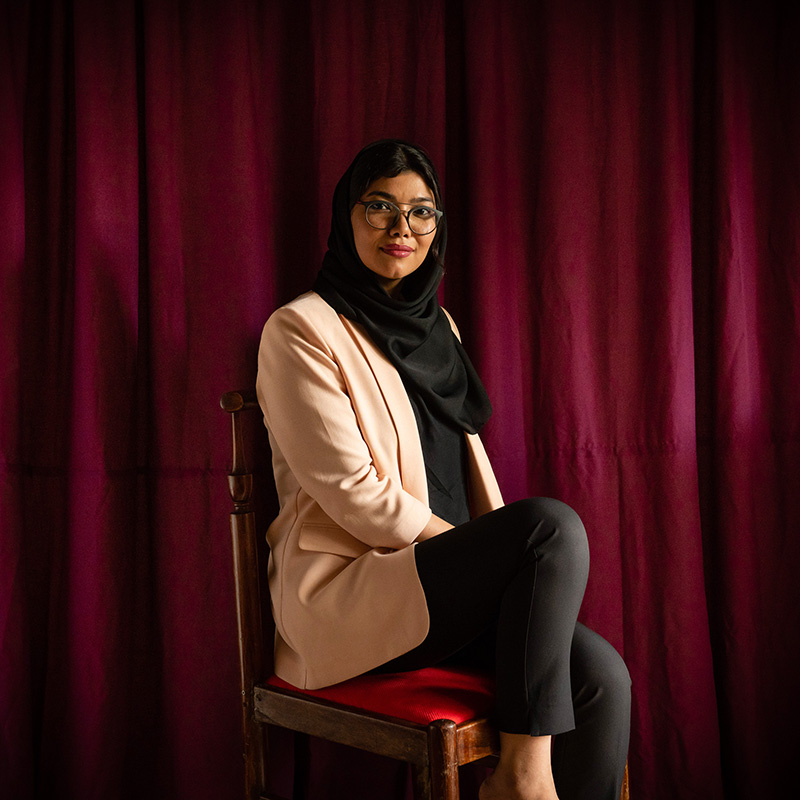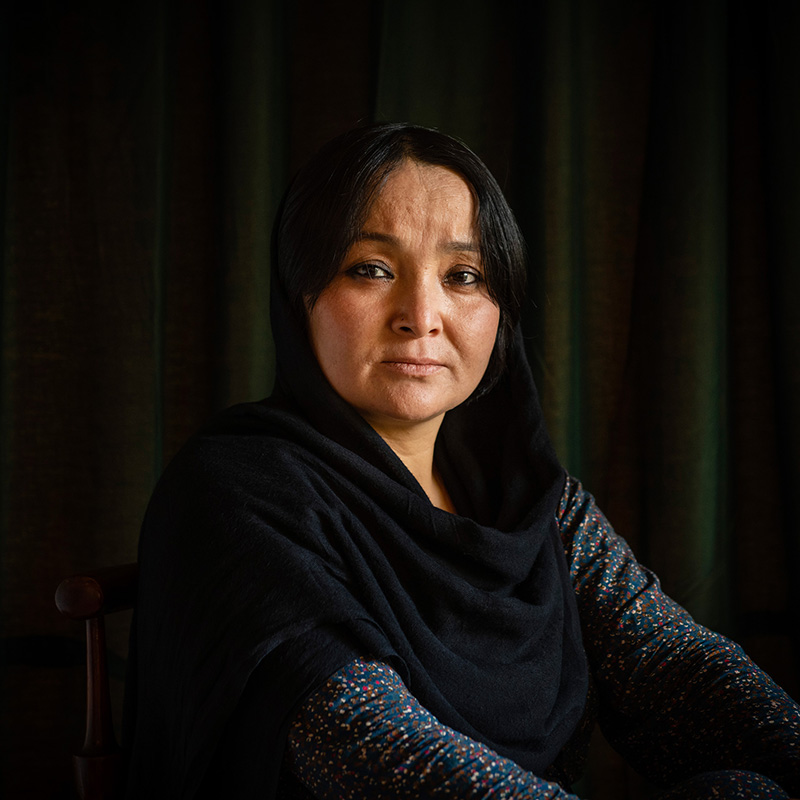
KABUL, Afghanistan — The women of Afghanistan would like to be heard.
Before the recent peace negotiations suddenly broke down — when President Donald Trump announced that he had canceled secret talks with the Taliban — women had been almost entirely sidelined from the conversation about the future of their country.
The US intervention in Afghanistan in 2001 was premised in part on liberating women from the restrictive rule of the Taliban. The last 18 years have seen some progress, and life has improved for some women, allowing them enroll in school, work, and explore simple personal freedoms previously denied to them.
But many of them now fear for the future.
Photographer Kiana Hayeri spoke with 18 women in the Afghan capital of Kabul about their concerns if the Taliban were to regain power.
Photographs by Kiana Hayeri for BuzzFeed News



